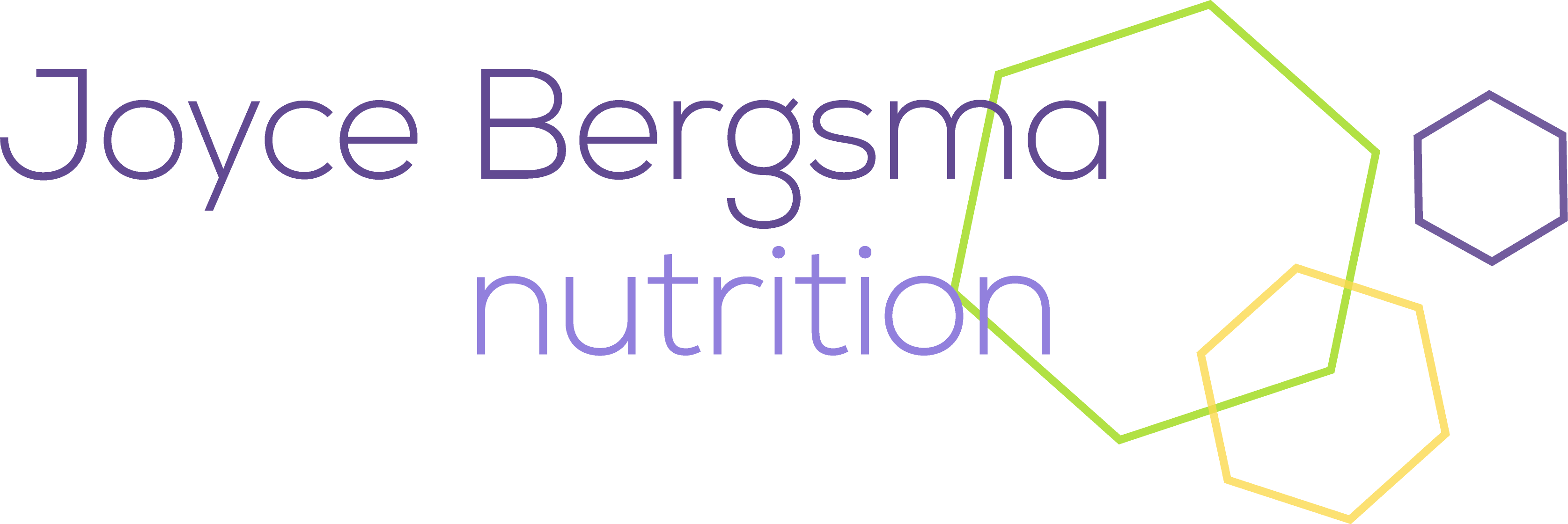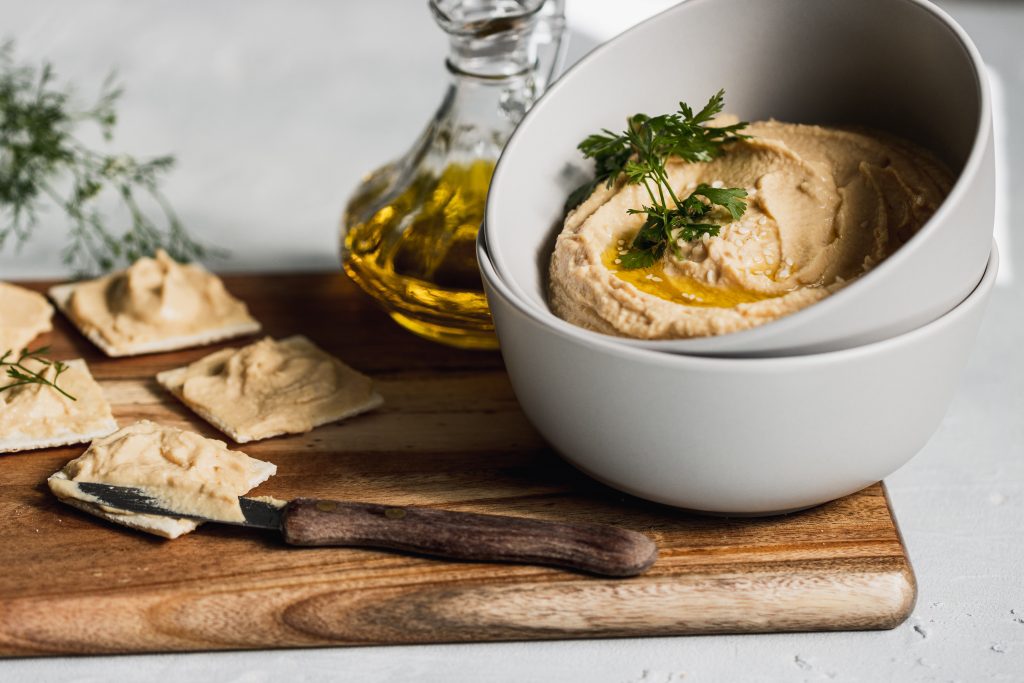
Feeling fatigued, light-headed or anxious?
I was at a salad restaurant in Amsterdam called Venkel and had the chance to taste their delicious Linzenliefde (Lentil Love) salad.
What I love about this salad is the beautiful mix of flavours and textures between the lentils, the dates, the goat’s cheese and the crunchy almonds. The really attractive part of it though, is that this salad gives me an energy boost without throwing off my blood sugar levels.
Our cells, in the brain especially, need glucose for energy.
We receive glucose from all carbohydrates that we eat including the spinach and lentils in this salad, but also the dates, which are especially high in glucose.
The reason that it doesn’t throw off our blood sugar is that the protein in the lentils and almonds (as well as the fat in the goat’s cheese and almonds) slow down the release of glucose so that we have a steady stream of entering our bloodstream. This way we avoid the intense peaks and troughs of sugar coursing through our veins and, with that, the light-headedness and irritability that can come with it.
When we eat, the body breaks down the carbohydrate into glucose, which in turn triggers the production of insulin, telling the body to safely store excess glucose not used through exercise as fat. If we eat the wrong foods, or are under a lot of stress, then the production of insulin can be continuous and excessive, leading to metabolic syndrome or diabetes.
Periods without food, such as between meals or when we sleep, triggers the production of cortisol. Cortisol is useful for reminding us to eat and bring our blood sugar levels to normal, but an excess can contribute to weight gain, mood changes and dizziness.
Does this sound like you?
Do you experience low energy in the afternoon? Are you dizzy if you stand up too quickly or wait too long between meals to eat? Do find yourself feeling frequently irritable? Is your energy lower than you would like it to be?
You might be experiencing a blood sugar imbalance.
When you balance blood sugar, you may experience more energy, diminished cravings, less anxiety, weight loss, better mood, improved memory and better hormone balance.
My top 5 tips for balancing blood sugar:
1. Eat more wholefoods
Wholefoods convert to glucose more slowly, avoiding a sugar rush. Wholegrains such as quinoa, brown or red rice are just a couple of examples. Eating a whole fruit instead of a juice means the fibres slow down the release of sugars.
2. Eat regular meals and snacks
Don’t let yourself feel irritated or lightheaded before you eat something. You want to avoid a cortisol spike as your body cries out for food and sweet carbohydrate foods by eating every 3-4 hours.
3. Include some protein with your meals and snacks
Protein (as well as fats and fibres) can help balance your mood and energy levels so think about how you can include it, and be inventive!
4. Avoid sugar and refined carbohydrates
Check the labels of packaged foods as there is sugar added in the most unlikely places. White flours and the baked goods they go in don’t take long to be turned into sugar. Just take a small bite of white bread and chew it for a full minute and you’ll already taste sweetness. Avoid white rice, flours and pastas and keep your sweet treats to a minimum.
5. Eat breakfast as skipping meals may contribute to irritability and fatigue
You’ve already slept the entire night and not eaten so your blood sugar will be low. Skipping meals means you delay giving your body the ability to produce energy and cortisol levels will rise. This can trigger hunger and a desire for sweet things. Avoid this by having a wholesome breakfast within an hour of waking.
Foods to think about
Protein includes lentils, beans (black beans, kidney beans and borlotti beans), nuts (walnuts, almonds, Brazil nuts etc), seeds (pumpkin, sunflower, sesame etc), eggs, yoghurt, tempeh, tofu
Foods to avoid
Sauces contain a lot of sugar that you may not taste, but can really affect blood sugar
Stimulants such as coffee, black tea, alcohol also cause blood sugar to spike through affecting the hormone adrenaline
Next steps to feeling great!
A large number of my clients that suffer from anxiety, also go through this rollercoaster of symptoms due to imbalanced blood sugar. These symptoms are often similar to anxiety symptoms. Download the checklist so you can see which symptoms may be contributing to your anxiety.
I’ll send you recipes and other info to help you get back on track and stay there. This is an easy fix and I know that because I’ve been there. You can SIGN UP HERE.
Balancing blood sugar levels can be easy, and I want that for you too.
My name is Joyce Bergsma and I teach my clients how to understand their bodies and nourish them in the best way possible. I help them on the journey to be symptom free so they are living happier, more fulfilling lives.
But what I ALSO do is act as a cheerleader, a navigator and I hold them accountable.
Book a call TODAY! I’ll help you find freedom in your life.




